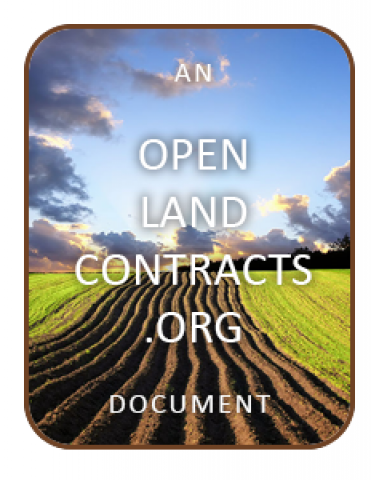India : Land Policies for Growth and Poverty Reduction
In India, land continues to be of
enormous economic, social, and symbolic relevance. The way
in which land can be accessed and its ownership documented
is at the core of the livelihood of the large majority of
the poor, especially in rural and tribal areas and
determines the extent to which increasingly scarce natural
resources are managed. Land policies and administration are
critical determinants of the transaction cost associated





